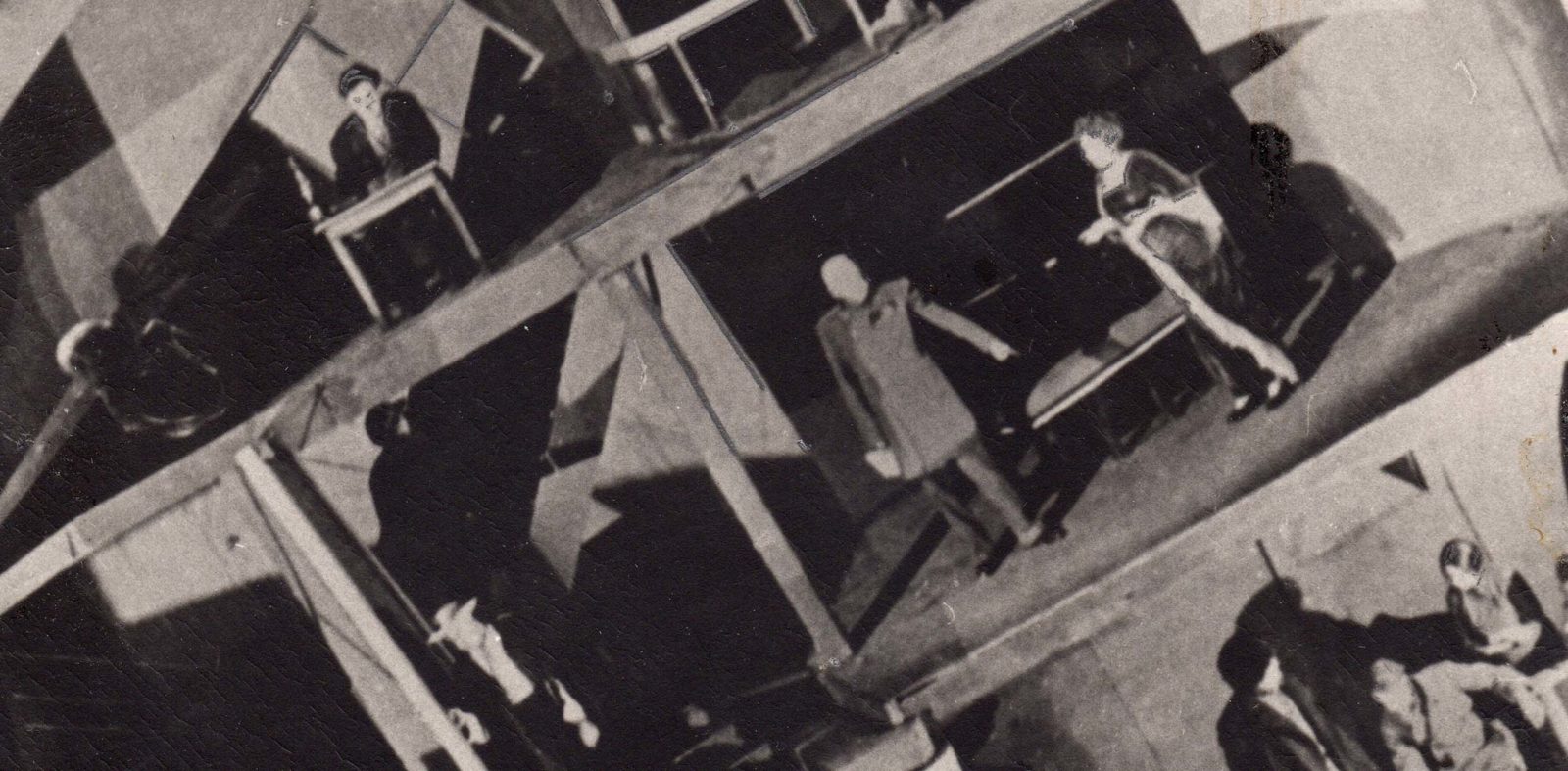The Poetics of the Making of the Self in Ukrainian (Soviet) Modernist Literature
Postdoctoral Researcher
Bohdan Tokarskyi

Bohdan Tokarskyi pursues two literary projects related to the power of minor literatures to subvert political centers through innovative artistic languages and disruptive temporalities. In his book project on the works of the Soviet Ukrainian dissident poet Vasyl Stus (1938–1985), he explores the poetics of radical subjectivity and the pursuit of authenticity through which Stus, being at the margins of Soviet society as a dissident and Gulag prisoner, nonetheless challenges the Soviet political and aesthetic order.
The project intends to show that Stus’ radical introspection, his innovative use of lyric self-address and idyosyncratic neologisms, his self-doubling and the intimate marriage between poetry and philosophy, as well as his abundant intertextual links with numerous literary and philosophical traditions render Stus a unique lyrical voice both in European and Soviet cultural landscapes. Tokarskyi furthermore studies the fragmented self in Soviet (Ukrainian) modernist culture of the 1920s, caught between different projects of identity-in-the-making – communist/socialist, Soviet, Ukrainian, and European – as well as the search for self-definition so central to the cultural and historical process in Soviet Ukraine of this time.
Tokarskyi’s investigation of both Stus’ works and Soviet Ukrainian modernism brings to the fore different aspects of Ungleichzeitigkeit, the non-simultaneity central to the EUTIM project, and in particular the relationship between tradition and innovation, and the fascinating combination of the old and the new, be it the coalescence of the Baroque, modernism, and poststructuralism in Stus’ writing, or the richly hybrid aesthetic of Ukrainian modernism, which juxtaposes groundbreaking modernist discoveries with national literary traditions and proletarian art. In his research, he also looks at the dialog between the literary developments in Ukraine and the cultural processes in its neighboring – Eastern, Central, and Western European – contexts.